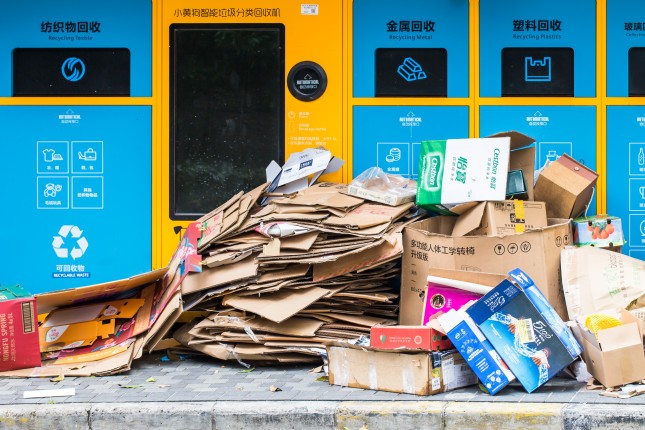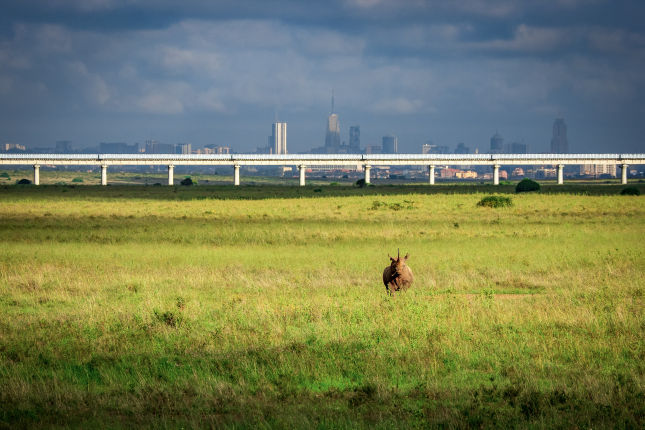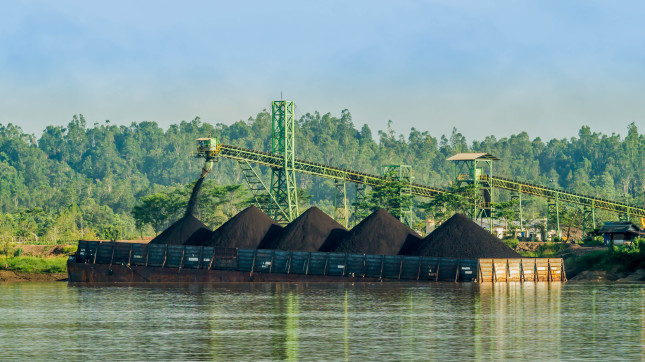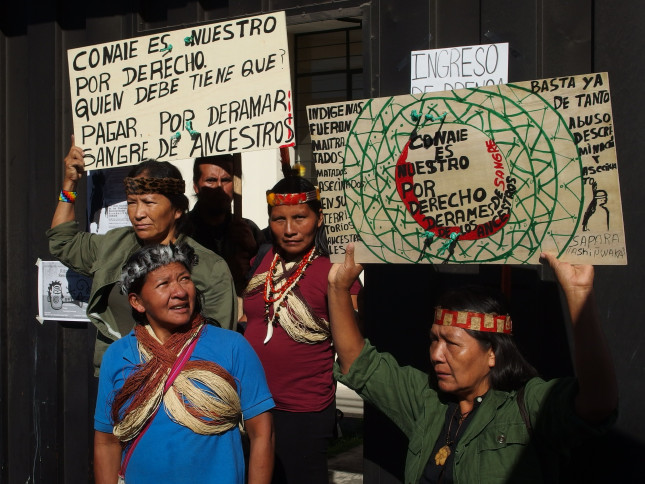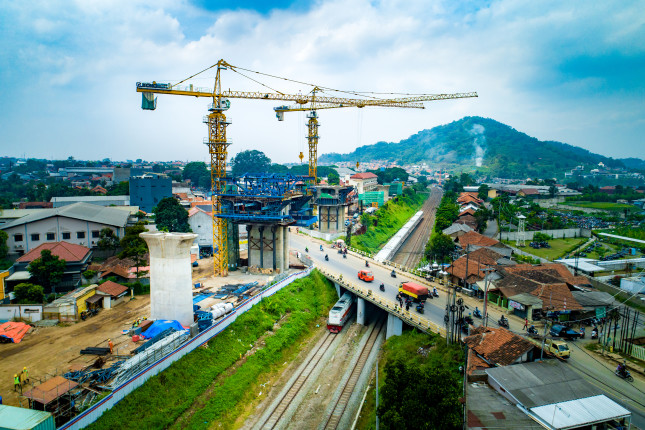-
Shining a Light on China’s Hidden Waste Workers
›China Environment Forum // Guest Contributor // Vulnerable Deltas // November 9, 2023 // By Guo Chen, Liwen Chen & Jia FengThe untold stories about waste are about invisible and vulnerable waste workers. China is no exception. The millions of Chinese migrant waste workers who recover 20% of the country’s urban waste are ignored. Chinese policymakers need to integrate migrant waste workers, their knowledge, and social justice issues into the country’s waste management future. -
Chinese Rail Export’s Environmental Dilemma: Economic Gains or Green?
›China Environment Forum // Guest Contributor // Vulnerable Deltas // October 19, 2023 // By Keren ZhuMany developing countries today face the dual challenges of development and decarbonization, racing against climate change that makes the latter increasingly urgent. This dilemma brings China’s railway investments in Africa under the spotlight. Can stakeholders of these megaprojects achieve the goal of boosting host countries’ economies while mitigating the socio-environmental risks of these ventures?
-
China’s Belt and Road Initiative: Powering a Low or High Carbon Future?
›China Environment Forum // Guest Contributor // Vulnerable Deltas // September 28, 2023 // By Chuyu LiuChina’s Belt and Road Initiative (BRI) can significantly affect the country’s domestic and overseas energy transition and decarbonization agenda. Electricity projects in China’s BRI investments, contrary to popular impressions of being part of a monolithic “project of the century,” have divergent implications for the host country’s shift away from coal-based power plants.
-
Building Back China’s Great Wetland Wall: Q&A with Paulson Institute Wetland Team
›Known as “Earth’s kidneys,” wetlands provide a variety of ecological benefits: habitats for diverse species, flood containment, pollutant purification, and carbon absorption. But in China, wetland loss and degradation has exposed people to the whims of climate change. What has China done to protect its wetlands, and how should the country better adapt to climate change with wetlands—a “Great Wall” made of mudflats, mangroves, and waterbirds? Jianbin Shi and Xiaojing Gan, two China-based wetland experts from the Paulson Institute, may enlighten us.
-
Slow Down? Environmental Regulators Tap the Brakes on China’s High-Speed Rail
›China Environment Forum // Guest Contributor // Vulnerable Deltas // December 15, 2022 // By Xiao MaChina’s high-speed railway (HSR) is the most recent poster child for the country’s rapid development, with more HSR tracks than the rest of the world combined. Since 2004, the Chinese government has invested more than 10 trillion RMB to build a 40,000-kilometer (km) network of trains that zip between stations at speeds reaching 350 km/hr (or 220 miles per hour). Not to be outdone, by 2035 the government aims to expand this train network by 75 percent to help the country reach its transport connectivity and low-carbon transportation goals.
-
Buen Vivir in Ecuador: An Alternative Development Movement for Social and Ecological Justice
›China Environment Forum // Guest Contributor // Vulnerable Deltas // December 8, 2022 // By Yiran NingEarlier in 2022, Ecuador’s capital was left “virtually paralyzed” after some 14,000 people, mainly Indigenous Ecuadorians, participated in 17 days of sometimes violent nationwide protests. The actions forced the Lasso government to the negotiating table for a 90-day dialogue with Indigenous leaders. By early September, the parties signed a temporary moratorium on the development of oil blocks and the allocation of new mining contracts. -
High Stakes: China’s Leadership in Global Biodiversity Governance
›China Environment Forum // Guest Contributor // Vulnerable Deltas // November 3, 2022 // By Jesse RodenbikerAs countries prepare to gather for the Fifteenth meeting of the Conference of the Parties (COP) to the Convention on Biological Diversity (CBD) in December 2022, the stakes for global biodiversity couldn’t be higher. Over the last half century, global wildlife population sizes plummeted by 60 percent. A 2019 UN report, one among many, warned that the current global response to this accelerating loss of species is insufficient and that “transformative changes are needed to restore and protect nature.”
-
The Complex Dance Around China’s Overseas Projects
›China Environment Forum // Guest Contributor // Vulnerable Deltas // October 6, 2022 // By Alvin Camba & Victoria Chonn ChingChina dominates the world in its overseas development finance into power plants, mines, dams, and other infrastructure. However, while many projects sail through, a good many get stalled. The results have less to do with Beijing and more with the strength of the host country partners. There is a complex dance between governments, elites, and bureaucrats to win the best “deal” with China, including Belt and Road Initiative (BRI) projects. These deals may benefit not just the economy, but also may empower one of these three actors.
Showing posts from category Vulnerable Deltas.


